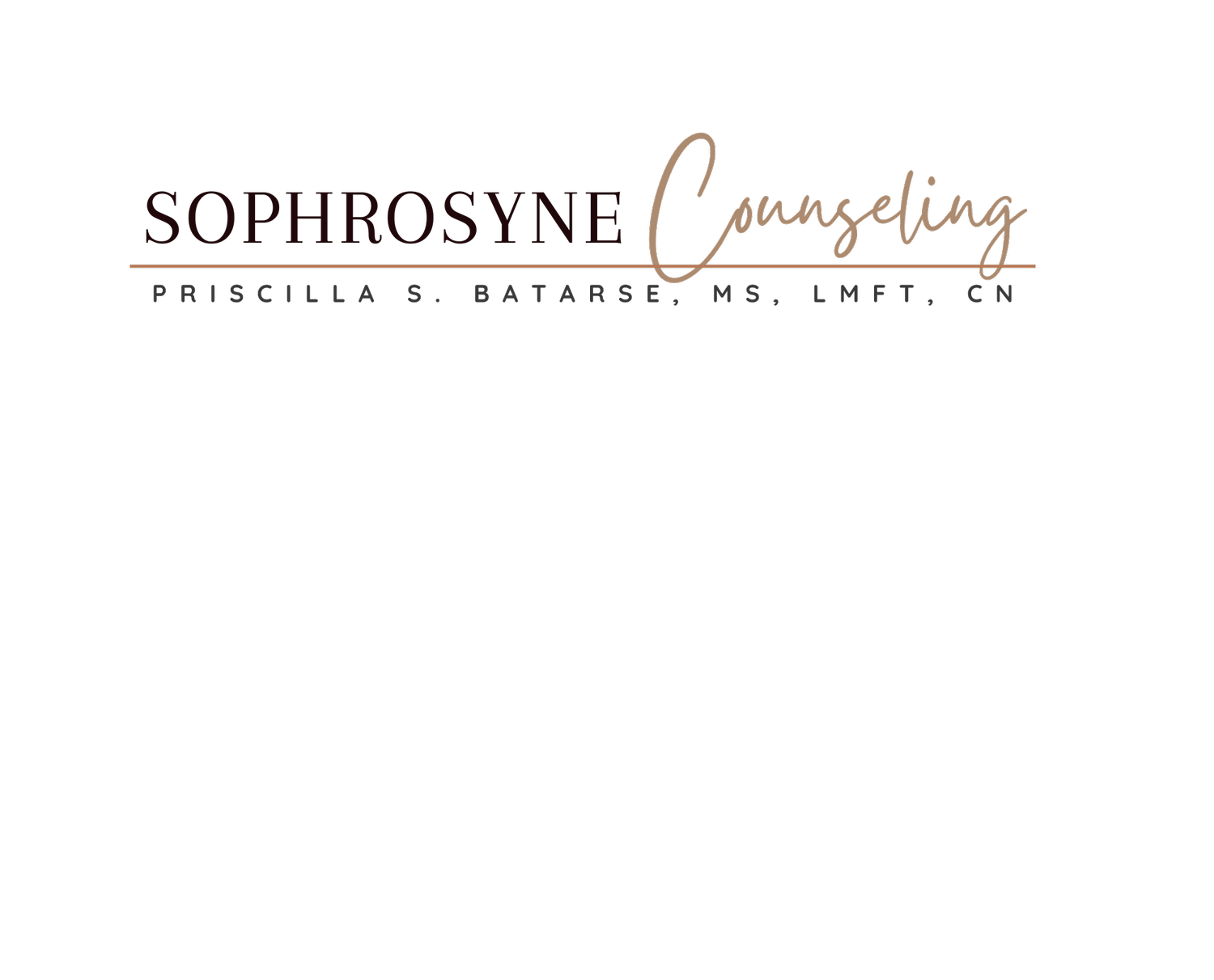The Impact of Diet on Depression Treatment: What You Eat Matters
Introduction: Depression is a complex condition with various factors influencing its development and treatment. While there are effective antidepressant medications available, they often come with significant side effects. Newer-generation antidepressants have fewer side effects but may not work for everyone. However, emerging research suggests that proper nutrition and dietary supplements can be crucial in preventing and treating depression. In contrast, poor nutrition can contribute to the development of depression and hinder its treatment. This blog post explores the significant impact of diet on the pharmacotherapy of depression, highlighting how what you eat can either weaken or strengthen the effects of antidepressants.
Diet's Influence on Antidepressant Efficacy: Proper nutrition plays a vital role in influencing the effectiveness of antidepressant medications. The type of food and drink consumed during treatment can significantly impact drug absorption, distribution, metabolism, and overall therapeutic outcomes.
Timing of Medication Intake: One critical aspect to consider is the timing of medication intake concerning meals. Some antidepressants should be taken with or after meals, while others are best taken on an empty stomach. Getting this timing right is crucial for optimal drug absorption and effectiveness.
Interactions with Beverages: The choice of beverage when taking antidepressants can also affect drug dissolution. It's recommended to take antidepressants with lukewarm, boiled water, as certain beverages like coffee or tea, which contain tannins and polyphenols, can reduce drug absorption and effectiveness.
Food-Drug Interactions: Various food ingredients can interact with antidepressants in the gastrointestinal tract. For example, certain types of fiber can adsorb antidepressants, requiring a time interval between consuming such foods and taking medications.
Impact of High-Fat Meals: High-fat meals can enhance the absorption of lipophilic antidepressants, potentially leading to increased drug concentrations in the blood and intensified side effects.
Metabolism in the Liver: Antidepressants can influence the activity of liver enzymes, particularly cytochrome P450 (CYP) isoenzymes. These interactions can lead to changes in drug metabolism and effectiveness. Some foods and substances can induce or inhibit these enzymes, affecting drug levels in the body.
Dietary and Vitamin Supplements: Some dietary supplements, such as St. John's wort, Ginkgo biloba, kava kava, ginseng, and Valeriana officinalis, can interact with antidepressants, either enhancing their effects or increasing the risk of side effects. Combining certain supplements with specific antidepressants can lead to serotonin syndrome or other adverse reactions.
Avoidance of Tyramine-Containing Foods: Patients taking MAOIs (monoamine oxidase inhibitors) should avoid tyramine-rich foods to prevent potentially life-threatening interactions, including hypertensive crises.
In conclusion, this blog post has highlighted the significant impact of diet on the pharmacotherapy of depression, specifically in relation to antidepressant medications. It has emphasized that what individuals consume during their depression treatment can either weaken or strengthen the effects of antidepressants, potentially leading to drug interactions and side effects. Proper nutrition, timing of medication intake, and awareness of food-drug interactions are all crucial aspects of managing depression effectively. Therefore, when it comes to treating depression, it's not just about what's in your medicine cabinet; it's also about what's on your plate.
REFERENCE:
Mrozek W, Socha J, Sidorowicz K, Skrok A, Syrytczyk A, Piątkowska-Chmiel I, Herbet M. Pathogenesis and treatment of depression: Role of diet in prevention and therapy. Nutrition. 2023 Jun 28;115:112143. doi: 10.1016/j.nut.2023.112143. Epub ahead of print. PMID: 37562078; PMCID: PMC10299949.


